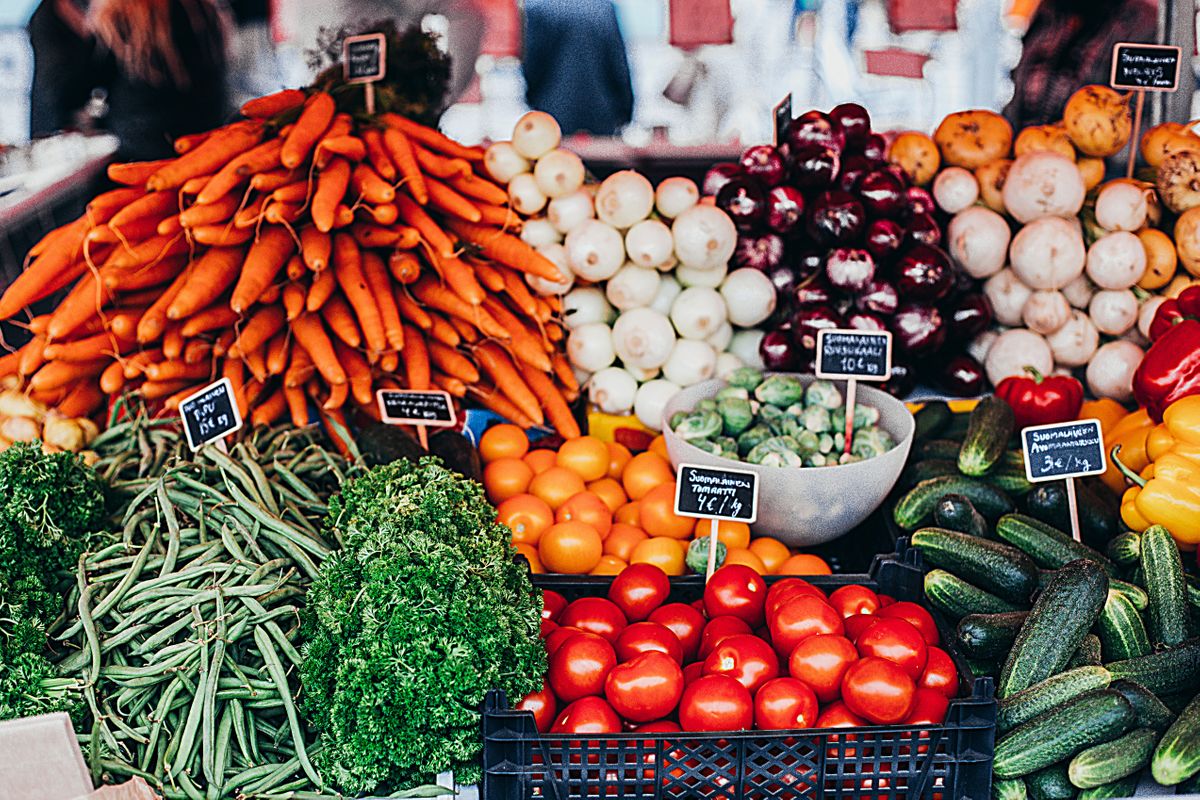Conventionally produced food can be laden with pesticides, insecticides, fungicides, and fertilizers all known to impact health and disrupt hormone balance. One solution is organics. However, the major problem with organic food is that it is quite costly. Finding organic food for less is essential for people on a budget and helpful for all of us. Many people believe that organic food can never be affordable, but there are a few things that can help. Here are a few of my favorite tips and tricks for getting organics without breaking the bank.
Five ways to shop organic on a budget:
Grow it:
With a few packets of organic seeds and a little effort, you can grow gorgeous organics for pennies on the dollar! You do not need a huge garden to grow most herbs and vegetables. A few pots can do the job! Utilize windowsills, porch space and even deck railings! Start small with easy herbs and greens like basil, parsley, and mint. Look for vegetable varieties that suit your space and climate. With a little time and a little sunshine, you will be eating your homegrown crops and saving on the grocery bill!
Seasonal Buying:
Produce is always cheaper when it is in season (organics or not). The key to scoring organic produce on a budget is to make sure that you buy things that are in season. Farmers markets and Community Supposed Agriculture shares are another great way to source seasonal organics for less. Also, services like Misfits Market may offer you home delivery of organics at big savings.
Less Meat:
Quality meats cost more. Why? Raising animals humanely on enough land where they can roam and enjoy quality feed and pastures of grass costs more than factory farming. Instead of compromising on quality, use your dollars wisely and buy less of the best meat available. Get to know your local free-range farmer and consider going in on a share of an animal to stock your freezer and keep more money in your wallet.
Buy in Bulk:
Buying some organic food items in bulk can save you money. Create a pantry list of the staples you regularly use. Rice, lentils, beans, oats, raisins, dates and nuts may round out your list. Root vegetables tend to store well and can also be purchased in bulk. Onions and potatoes can last for months when stored properly.
Final Verdict:
The reality is that organic food costs more. See how much your costs change by implementing the simple tips suggested. It is possible to enjoy organics on a budget! Use the Dirty Dozen and Clean Fifteen guides from the Environmental Working Group to help decide where to focus your dollars!

